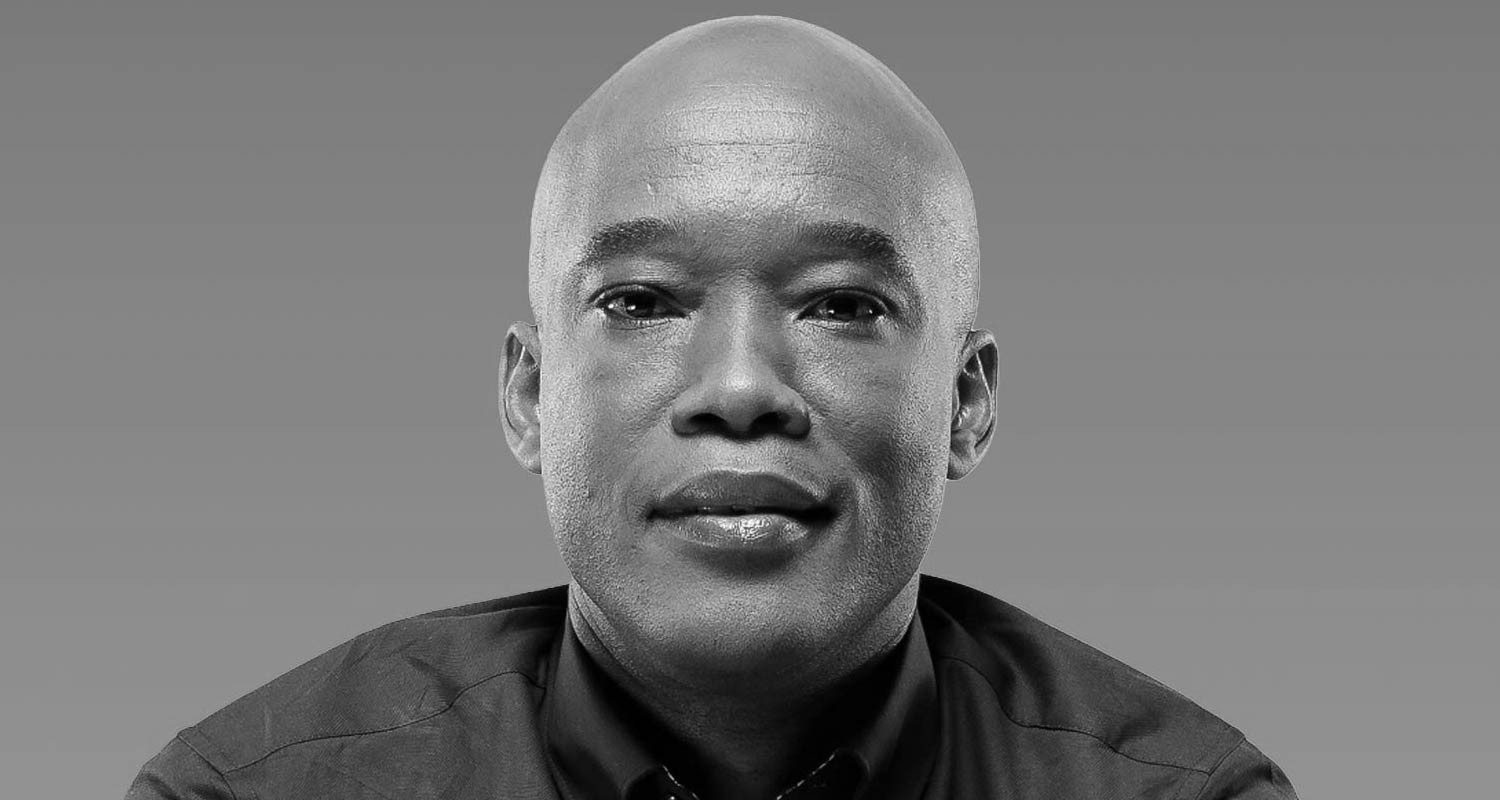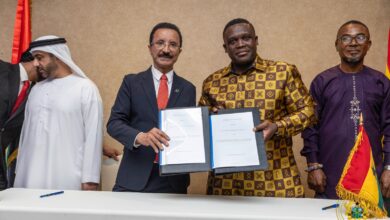
Speaking to TechCentral in an interview on Thursday following Wednesday’s publication of the broadcaster’s results for the year ended 31 March 2025, group CEO Calvo Mawela said that if the outcome of the investigation is positive, consumers may soon be able to choose a DStv general entertainment subscription without SuperSport channels.
In terms of this model, which is used by many pay-TV operators around the world, including Sky in the UK, subscribers would then be able to bolt on the sports bouquets they want, whether they be focused on rugby or soccer or other sports, or all available sports.
Mawela said MultiChoice expects to conclude its investigation into what would effectively amount to a big change in its business model by the end of the current financial year, in March 2026.
“We think that in this financial year we should have a view of which direction to take, and as soon as we have made that, we should be able to update you,” he said.
He emphasised, however, that unbundling SuperSport from DStv must deliver revenue and profit growth for the group and must not serve to erode the financial picture further.
MultiChoice also has no plans to make SuperSport bundles available to other broadcasters, according to Mawela. “Sport is our key differentiator. It drives stickiness. It drives subscribers to come in … it drives [customer] acquisition … so we need to keep it exclusive [to us].”
Consumers under pressure
The decision to fast-track the investigation comes as MultiChoice continues to bleed subscribers, not only in South Africa but across the African markets in which it operates. The group said on Wednesday that it had lost 1.2 million paying DStv subscribers in the past year.
The company, which is under pressure from streaming rivals like Netflix and YouTube Premium as well as a particularly weak consumer spending environment in its operating markets, blamed “unprecedented headwinds” for the poor annual results.
“The past two financial years have been a period of significant financial disruption for economies, corporates and consumers across sub-Saharan Africa due to challenging macroeconomic factors,” it said.
“Combined with the impact of structural industry changes in video entertainment such as the rise of piracy, streaming services and social media, this has materially affected the overall performance of MultiChoice Group.”

Despite the pressures, Mawela said the biggest driver of subscriber losses has not been the result of problems with the group’s strategy but rather the economic circumstances consumers have found themselves in. “People are stretched financially, and they are making calls on whether [to buy] entertainment or food. And of course, food will always take precedent; school fees and all the other things will take precedent over pay TV.”
As a result, he said MultiChoice is working to make it easier and more affordable for customers to buy DStv, including a pilot project to offer weekly DStv bundles. That pilot, now taking place in Uganda and which will run for the next few months, will be expanded to other markets, including South Africa, should the model prove successful.





